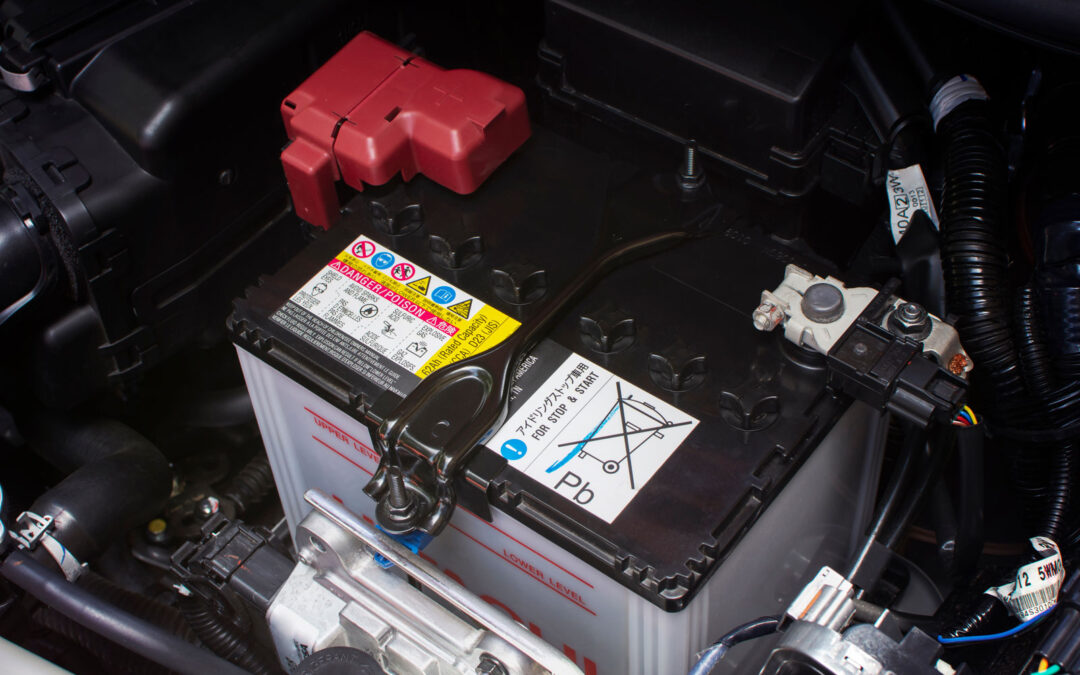1. Regularly Inspect Your Battery
A simple visual inspection of your battery can go a long way. Check for any signs of corrosion on the battery terminals or connectors. Corrosion, typically seen as a white or bluish substance, can prevent the battery from charging or powering your vehicle effectively. You can clean the corrosion with a mixture of baking soda and water, but make sure to use protective gloves and follow safety precautions.
2. Limit Short Trips
Starting your car takes a considerable amount of energy from the battery. If you’re only taking short trips, the alternator may not have enough time to recharge the battery fully, leading to a decrease in its lifespan. If possible, combine errands to minimize short trips or take your vehicle on longer drives occasionally to allow the battery to recharge fully.
3. Turn Off Electronics When the Engine Is Off
Leaving your headlights, interior lights, or other electronic devices on while the engine is off can quickly drain your battery. Make it a habit to check that all lights and accessories are turned off when you exit your vehicle. In modern cars, many of these systems are designed to shut off automatically, but it’s always best to double-check to avoid unnecessary wear on the battery.
4. Keep Your Battery Terminals Tight
Loose battery terminals can cause intermittent electrical problems and make it harder for your vehicle to start. Regularly check to ensure the battery terminals are tightly connected to the battery posts. A secure connection ensures that the battery’s power can flow efficiently, keeping the system charged and running smoothly.
5. Avoid Extreme Temperatures
Extreme heat or cold can have a significant impact on your battery’s lifespan. During the summer, excessive heat can cause the battery fluid to evaporate, damaging internal components. On the other hand, cold temperatures can make it more difficult for your battery to provide enough power to start the engine. If possible, park your vehicle in a garage or shaded area to protect your battery from extreme weather conditions.
6. Invest in a Battery Charger or Maintainer
If you leave your vehicle unused for extended periods (e.g., during vacations), a battery charger or maintainer can help keep your battery in good condition. These devices provide a slow, steady charge to your battery, preventing it from discharging over time. This is especially useful for vehicles that are stored in cold weather or rarely driven.
7. Get a Free Battery Test
One of the best ways to prevent battery failure is to have it tested regularly, especially before the winter or summer months. At Harris Automotive, we offer free battery testing to ensure your battery is holding the proper charge. If your battery is weak, we can recommend replacement options before it fails.
8. Replace When Necessary
Even with the best care, no car battery lasts forever. Most batteries have a lifespan of 3 to 5 years. If your battery is nearing the end of its life, replacing it before it fails is the best way to avoid being stranded. Our team at Harris Automotive can help you choose the right battery for your vehicle and install it with care.
Need Battery Maintenance or Replacement? Visit Harris Automotive!
At Harris Automotive, we’re dedicated to keeping your vehicle running smoothly and efficiently. Whether you need routine battery maintenance, a free battery test, or a complete replacement, our ASE-certified technicians are here to help. With locations in Westerville and Blacklick, we proudly serve our community with quality service, convenience, and customer care.
Schedule your appointment today and keep your vehicle powered with confidence!






